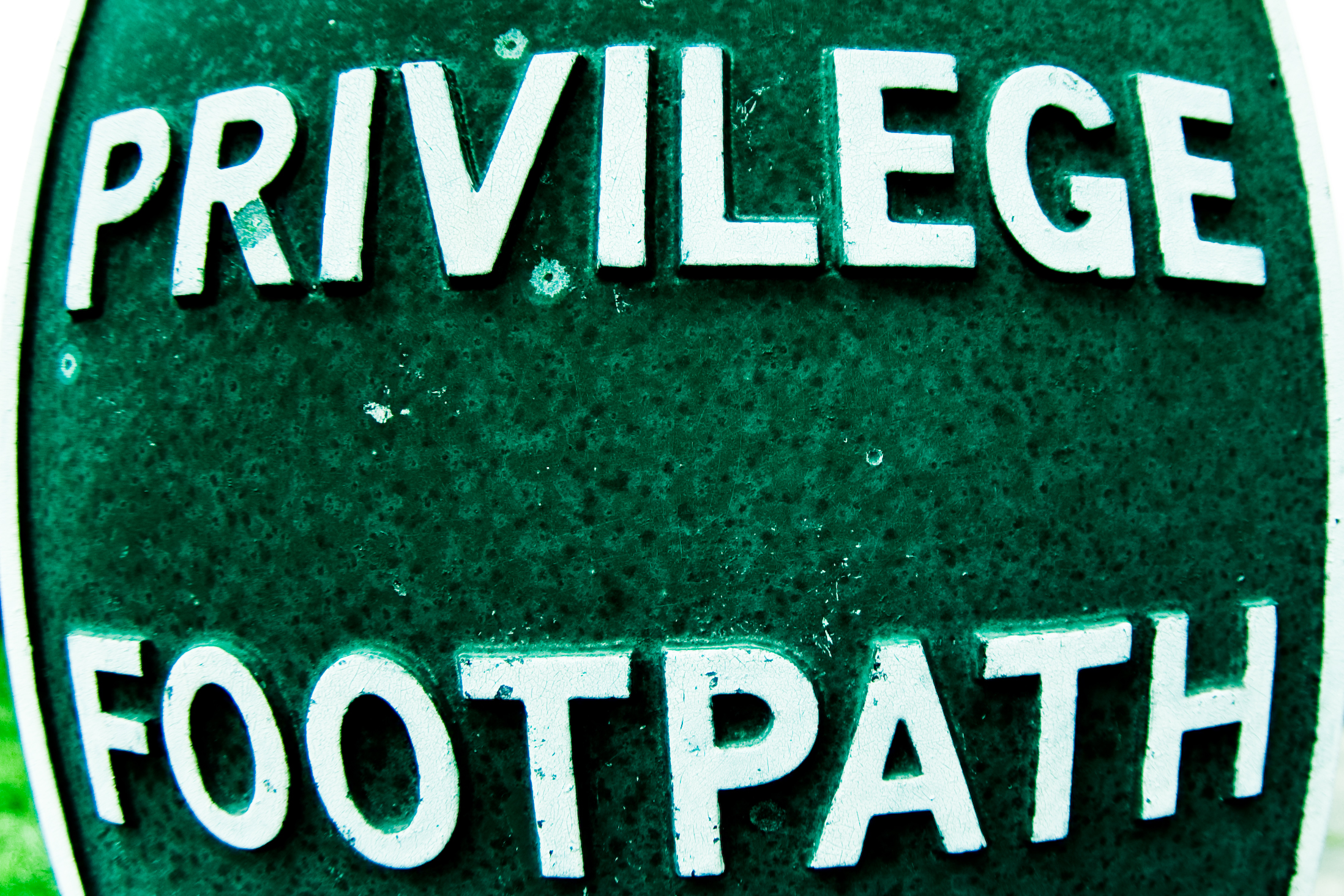Paying for participation

I participated in a community call yesterday where someone suggested that we explore either internships or stipends to ensure more diverse attendance and representation. Some other people were concerned about this, for several reasons.
First, the kind of work involved (open source, open standards, open recognition) has a history of volunteers turning up to these kinds of calls. There’s intrinsic motivation involved, and it can actually be of reputational benefit to turn up to them.
Second, there was some unease about paying people for participation, as opposed for achieving an outcome. Those who were uneasy said that they would be happier if the money involved was tied to people reaching a goal.
Third, there was a bit of confusion as to whether only new people would be eligible for the money, and how much it would be, and whether it would be grant-funded.
In short, it was a bit of a confusing situation. This post is my way of thinking through how paying people for participation, while feeling a bit ‘odd’, is actually anti-capitalist, anti-racist, and an extremely progressive, socially just thing to do.
In order to better understand the concerns raised during the community call and why paying people for participation can be viewed as anti-capitalist, anti-racist, and progressive, let’s break down the situation further.
- Intrinsic motivation and reputational benefit — while it’s true that many people in the open source, open standards, and open recognition communities are intrinsically motivated to participate and contribute, this argument ignores the fact that not everyone has the same resources or access to opportunities. People from underrepresented backgrounds may not have the time, financial resources, or networks to engage in these activities on a volunteer basis. Providing financial support through internships or stipends ensures that a more diverse range of people can participate, which benefits the community as a whole.
- Paying for participation vs. achieving an outcome — the concern that paying people for participation rather than outcomes might lead to lower-quality contributions is understandable. However, it is important to recognise that the primary goal of providing financial support in this context is to promote diversity and inclusion. By offering internships or stipends, we can enable individuals from underrepresented backgrounds to participate in the community without the pressure of meeting specific deliverables or outcomes. This approach not only fosters a more inclusive environment but also acknowledges that the value of diverse perspectives and experiences goes beyond measurable outcomes. Encouraging participation and ensuring that all voices are heard should be considered as an essential contribution in itself.
- Eligibility, amount, and funding — the confusion surrounding eligibility criteria, the amount of financial support, and funding sources can be resolved through transparent communication and clearly defined guidelines. Instead of viewing eligibility criteria as a potential barrier, we should frame it in a way that empowers and encourages individuals from diverse backgrounds to participate. By emphasizing the goal of promoting diversity and inclusion, we can create a welcoming atmosphere that motivates underrepresented individuals to engage with the community. Establishing clear guidelines for the amount of financial support and funding sources will further ensure that the initiative is effective in achieving its intended objectives.
I’m happy that it’s become more acceptable to describe oneself as anti-capitalist. Thankfully, these days people are less likely to think that you want to go back to a system of bartering 🙄 In a capitalist society, resources and opportunities tend to be concentrated among those who already have them. So, by providing financial support to underrepresented individuals, we challenge the existing power dynamics and create a more inclusive environment valuing diverse perspectives and experiences.
The elephant in the room here, though, is systemic racism. This often manifests itself in the form of unequal access to resources and opportunities. That means by proactively investing in individuals from under-represented and under-privileged backgrounds, we address these systemic barriers and work towards a more equitable community.
Supporting diversity and inclusion is not only morally right but also actually essential for innovation and progress. A diverse group of contributors can bring fresh ideas, experiences, and perspectives that can help the community grow and evolve in new and exciting directions. As straight, middle-aged, white guy it’s taken me too long to realise this, if I’m painfully honest.
So, by way of conclusion to thoughts that were provoked yesterday, although paying people for participation may seem unconventional, it can be an effective way to promote diversity and inclusion. The exact details of how we do that are for either the next post, or the next community call…
Image by Shane Rounce


